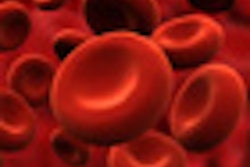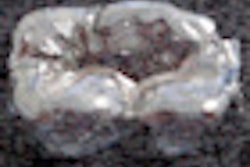Oral health education and support for mothers, including home visits and telephone calls, were found to reduce the caries rate in children to 2%, according to research by the University of Queensland and Queensland Health in Australia.
The study was conducted in South Brisbane, where 23% of toddlers suffer from substantial dental decay, the university noted in a press release.
Kathryn Plonka, a University of Queensland School of Dentistry doctoral candidate and a senior oral health therapist at Logan-Beaudesert Public Oral Health Service, based her research on more than 1,000 mothers and their children in the Logan-Beaudesert area, which has some of the highest prevalence of tooth decay in Queensland.
Both the home visit education program and the telephone education program offered the mothers tooth brushing instruction and general dietary advice every six months from their child's birth. The mothers could also contact the program for advice and support as their children progressed.
Through home visits, the project helped reduced the rate of decay to just 2%, while regular telephone calls reduced it to 7%, according to Plonka. She and her colleagues also found that prenatal education played a vital role in ensuring children's oral health.
The children who still developed tooth decay in the study were found to be more likely to have developmental defects in tooth enamel, which occur prebirth and are very difficult to prevent, the researchers noted.



















